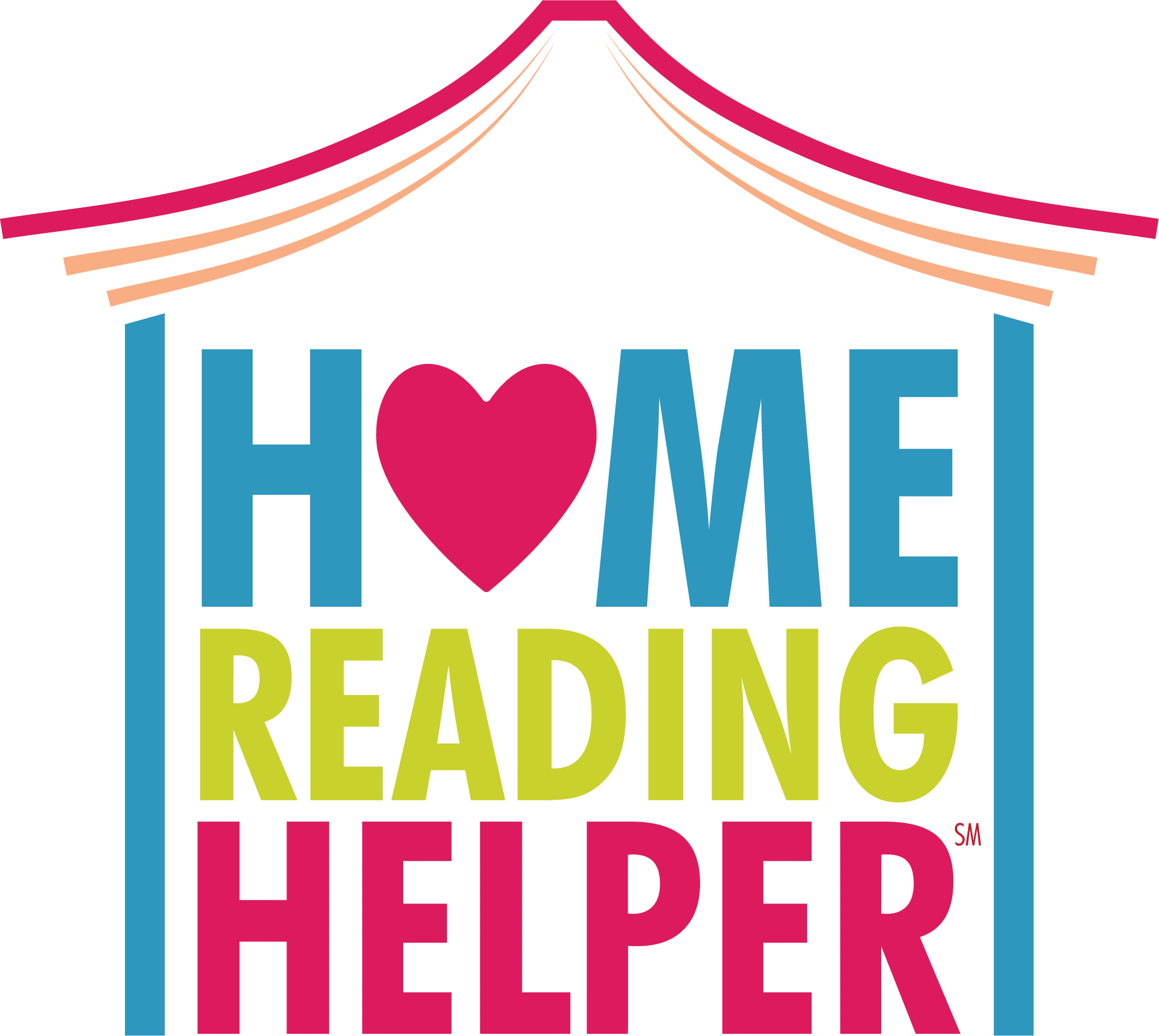Third Grade | Writing Skills
How is my Child Performing in Writing?
Your child’s teacher should be able to provide samples of student work and describe if they are meeting the goals for writing. If you are worried that your child’s writing is not developing, schedule an appointment to meet with the teacher immediately to tell them your concerns.
3rd Grade Writing Goals
While all children develop at different rates, these are goals to help you understand how writing should be progressing during the school year.
- Third graders are expected to write throughout the day at school. For each subject they will be responding to questions, taking notes, writing in a journal, or composing a story.
- Children can understand written instructions and follow them without the help of an adult.
- Children write in complete sentences, adding descriptive words and more complex ideas. Instead of a few sentences, their stories begin to have paragraphs and pages of writing.
- Children show an increased ability to spell correctly, and they’re ready to learn cursive writing.
- Children begin to look over or “revise” what they just wrote – they correct spelling, add details, dialogue and punctuation, and make their writing sound better.
- Children begin to explore their opinions in writing. They learn that they can disagree or feel strongly and explain their reasons.
- Third graders use graphic organizers and outlines to help organize their writing and ideas.
- Children will practice the three kinds of writing: opinion writing, informative writing (stories that are true with facts, recipes or explaining how to do something) and story writing (called “narrative writing”).
- They go through the writing process, meaning they think about what they want to write, write down their first ideas, look back over their work to fix mistakes and then add details and pictures. At the end they read it to a friend, the teacher, family member or the entire class.
- They are motivated to do “research” by looking in books, reading websites for kids, and writing answers to their questions, such as “Who Was Jackie Robinson?” They can compile facts and write down what they learn in their own words.



